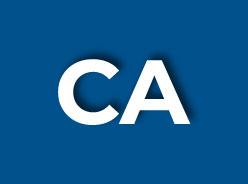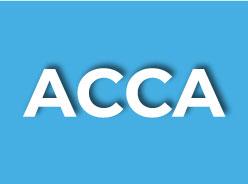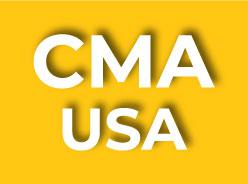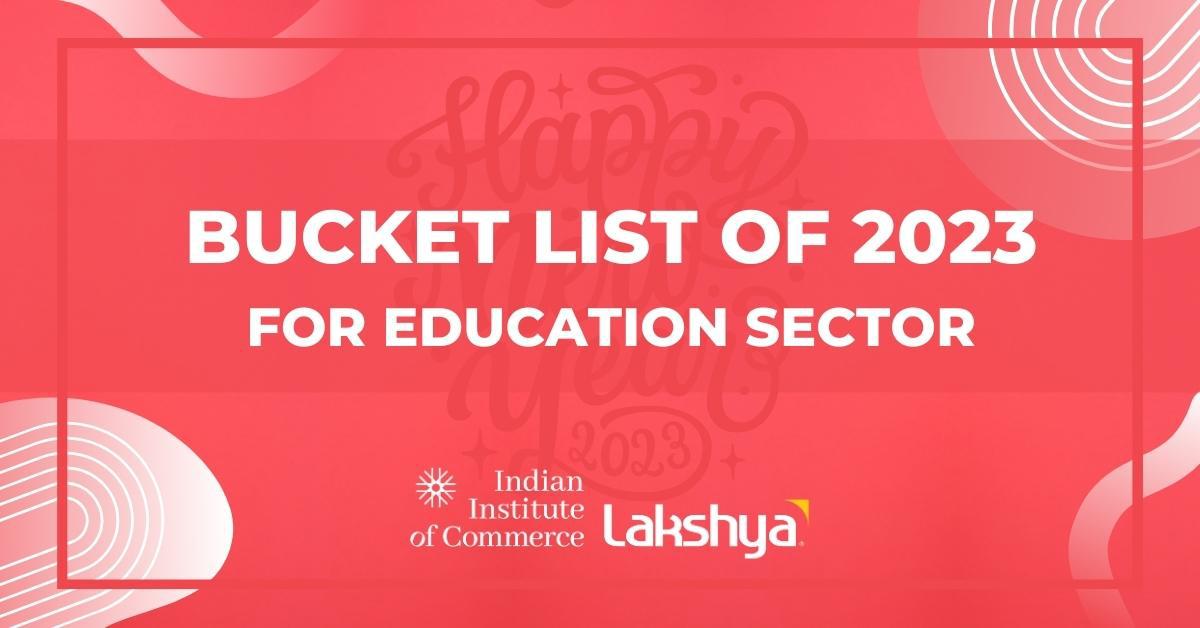As the new year approaches, it is natural to feel a sense of hope and excitement for what the future holds. The start of a new year is a time to reflect on the past and set goals for the future, and it is also a time to look forward to all the possibilities and opportunities that lie ahead. There is something special about the prospect of a clean slate and the opportunity to make positive changes in our lives. In addition to personal growth and self-improvement, the new year also brings the promise of advancements and progress on a larger scale. As we move forward, we can look forward to continued development and innovation in various fields, from science and technology to education and healthcare. These advancements have the potential to make a significant impact on society and improve the quality of life for people around the world.
As we embrace the new year, let us hold onto hope for the future and all the wonderful things it has in store for the education sector. Education is a critical aspect of human development, and it plays a vital role in shaping the future of individuals and society as a whole. Over the years, there have been numerous advancements in the education sector, which have greatly impacted the way we learn and access knowledge.
One of the most significant advancements in education has been the widespread adoption of technology in the classroom. From online learning platforms and virtual classrooms to educational software and educational apps, technology has revolutionized the way we access and consume information. It has made it easier for students to learn at their own pace, and it has also enabled educators to deliver more engaging and interactive lessons. Another significant advancement in education has been the increasing focus on personalized learning. With the use of data and analytics, educators are now able to tailor their teaching methods and curriculum to the individual needs and learning styles of their students. This has led to a more inclusive and effective learning environment, where all students have an equal opportunity to succeed.
In addition to these advancements, there have also been efforts to improve the quality and accessibility of education. Governments and organizations around the world have invested in initiatives to increase funding for education, provide resources and support to disadvantaged communities, and expand educational opportunities to underrepresented groups. Overall, the advancements in the education sector have had a profound impact on the way we learn and acquire knowledge. They have opened up new possibilities for students and educators, and they have the potential to transform the future of education. Let us discuss some major areas of focus for the education sector in the coming years could include the use of technology in the classroom, personalized learning, addressing equity and access issues, and continuing to adapt to the challenges posed by the COVID-19 pandemic.
It is important to note that the direction of the education sector can be influenced by a variety of factors, including changes in policy, funding, and societal needs, and it is difficult to predict exactly what the future will hold. For 2023, the field of education is constantly evolving and there are many different stakeholders who may have different priorities and goals. However, some potential areas of focus for the education sector in 2023 could include:
- Continuing to adapt to and implement remote and hybrid learning models in response to the ongoing COVID-19 pandemic.
- Focusing on equity and access to education, particularly for disadvantaged students.
- Implementing new technologies and digital tools to improve the effectiveness and efficiency of teaching and learning.
- Improving teacher training and professional development to better prepare teachers for the challenges of the modern classroom.
- Promoting lifelong learning and addressing the skills gap to ensure that individuals have the knowledge and skills they need to succeed in the modern economy.
- Reducing the burden of student debt and making higher education more affordable and accessible.
- An increased emphasis on sustainability and environmental education, as well as the integration of STEAM (science, technology, engineering, arts, and math) subjects.
- The development of new and innovative teaching methods, such as game-based learning and design thinking, to engage and motivate students.
- The incorporation of more experiential and hands-on learning opportunities, such as internships, apprenticeships, and service learning projects, to provide students with real-world experience and skills.
- The use of artificial intelligence and machine learning to analyze student data and provide personalized learning recommendations and feedback.
The field of commerce is likely to continue to evolve and change in the coming years, and new courses will be developed to meet the needs of students and the business world. However, some potential courses that might be offered in 2023 could include:
- Data analytics and business intelligence: These courses could teach students how to analyze and interpret large datasets, and could help them develop skills in data visualization and reporting.
- Digital marketing and social media: These courses could cover topics such as search engine optimization, content marketing, and social media strategy, and could help students develop skills in online marketing and advertising.
- Entrepreneurship and small business management: These courses could teach students how to start and run their own businesses, and could cover topics such as market research, financial planning, and leadership.
- International business: These courses could focus on the global business environment and could cover topics such as cross-cultural communication, global marketing, and international trade.
- Supply chain management: These courses could teach students about the logistics and management of goods and services, and could cover topics such as inventory management, transportation, and sourcing.
In conclusion, the education sector's bucket list for 2023 is likely to include a range of goals and objectives that reflect the changing needs and priorities of society. Some potential areas of focus could include improving access to education, utilizing technology to enhance learning, fostering a more inclusive and diverse learning environment, and incorporating more hands-on, experiential learning opportunities. Other goals might include enhancing teacher training, developing flexible and personalized learning pathways, promoting critical thinking and problem-solving, and supporting the mental health and well-being of students and teachers. Ultimately, the education sector's bucket list for 2023 will be shaped by a variety of factors, including changes in technology, policy, and societal needs, and will aim to support the growth and development of students as they prepare for the future.

 ABOUT LAKSHYA
ABOUT LAKSHYA  WHY CHOOSE LAKSHYA
WHY CHOOSE LAKSHYA  MISSION AND VISION
MISSION AND VISION  CHARTERED ACCOUNTANCY (CA)
CHARTERED ACCOUNTANCY (CA)  ACCA
ACCA  CMA-USA
CMA-USA  RESULTS
RESULTS 


